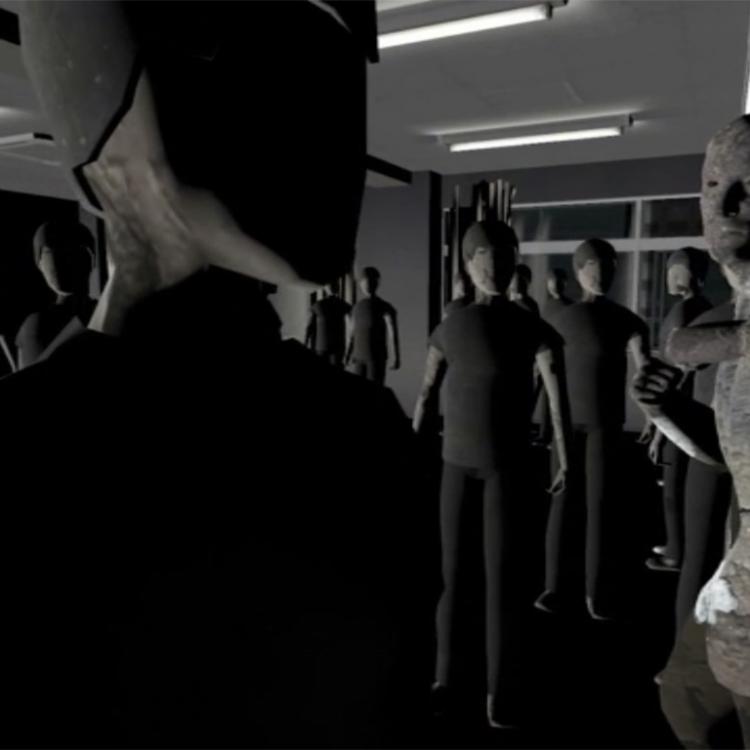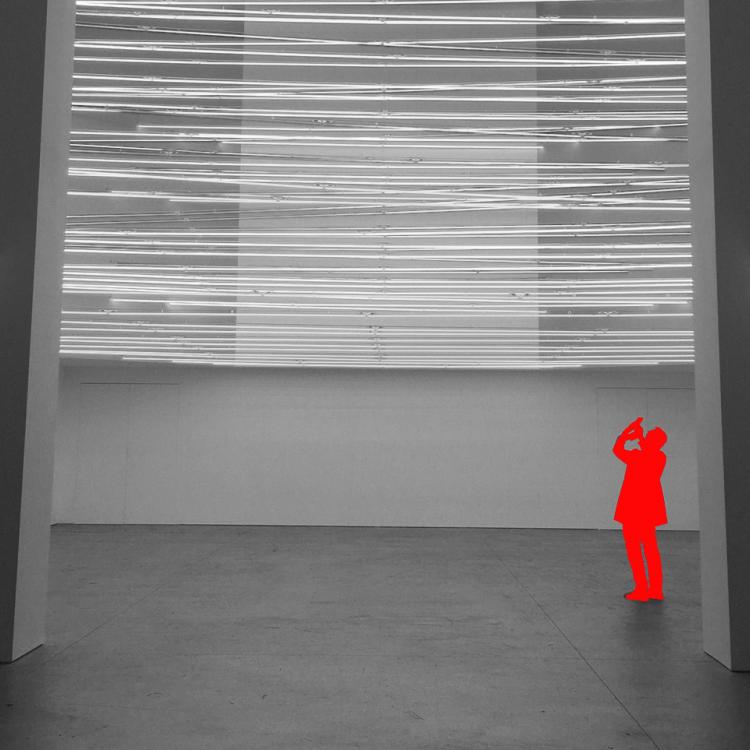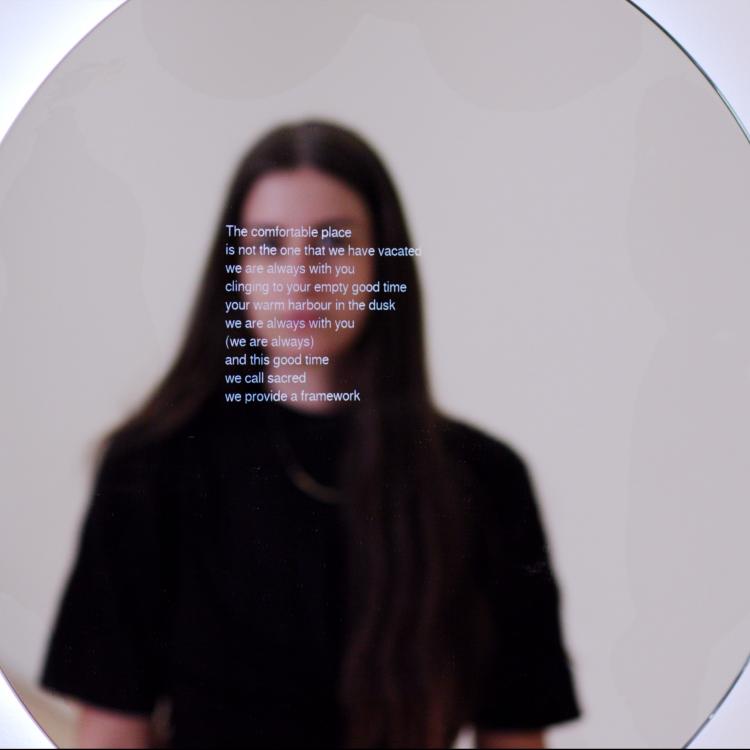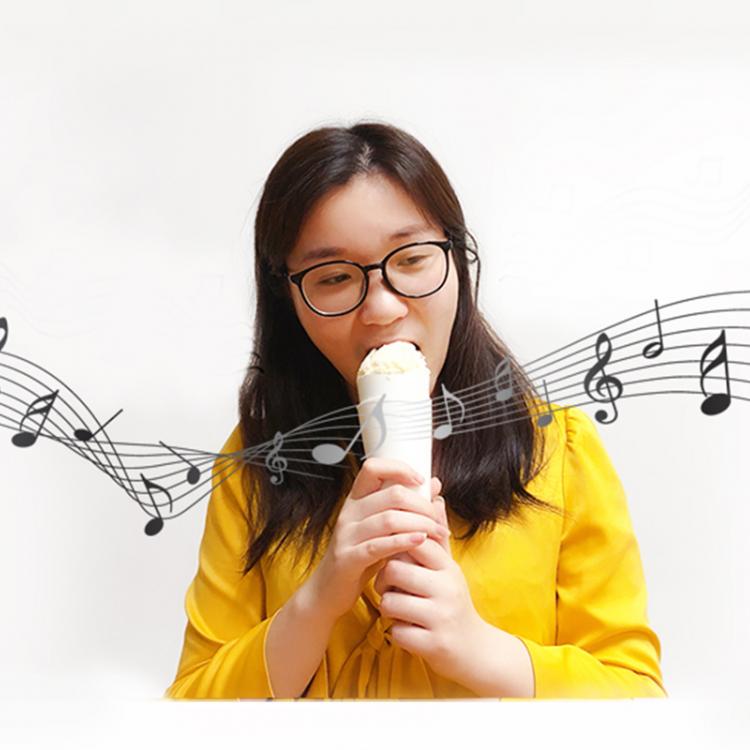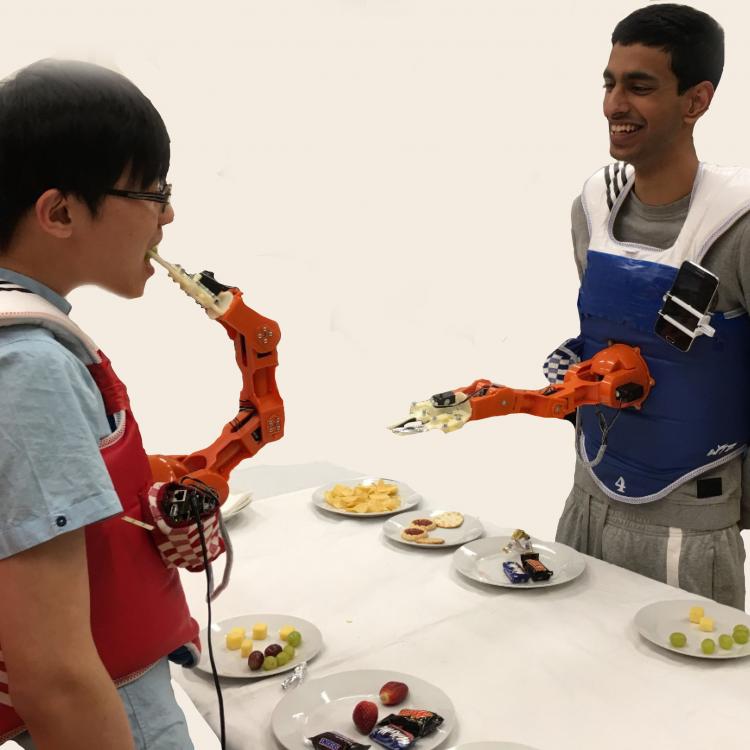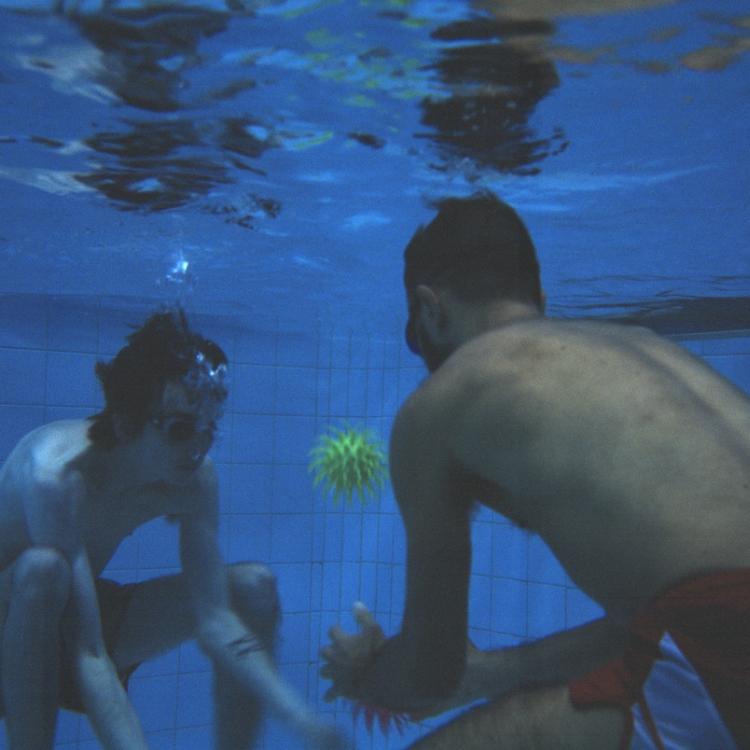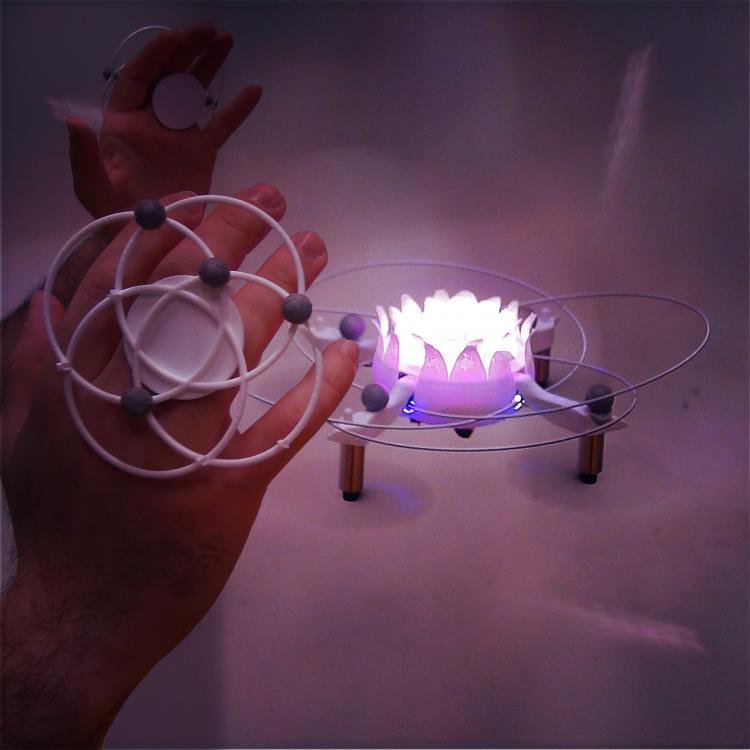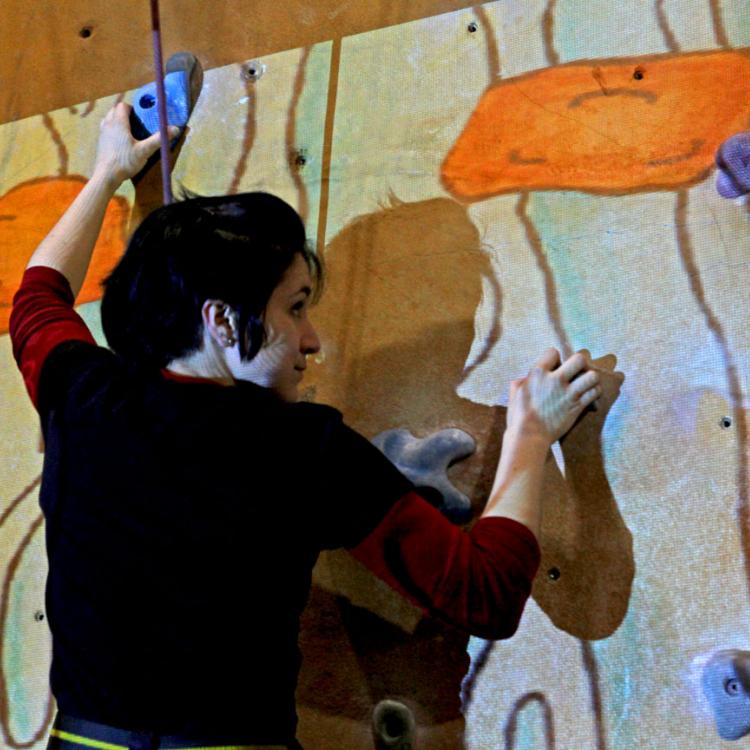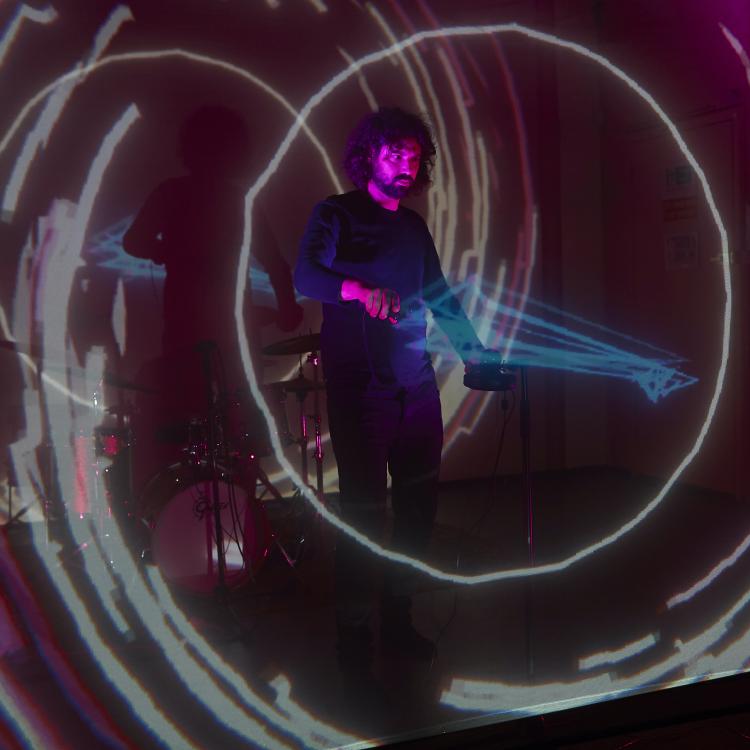Contemporary filmmakers and visual artists alike are embracing the potential of immersive digital technology – such as Augmented and Virtual Reality – to tell stories in powerful, new and affective ways. By effectively breaking the dictatorship of the frame that has defined the representational form of the moving image for the past 150 years, VR introduces a new paradigm for cinematic expression and viewing experience. This challenge marks a transformational moment in the evolution in the craft of “immersive storytelling”.
Research projects in Information Technology
Displaying 21 - 30 of 38 projects.
The Multisensory Museum
Museums are – and have always been – mixed reality spaces par excellence. Today, digital technologies extend the ways in which the wealth of material culture they contain can be interpreted and exhibited, presenting new and (previously) unimaginable ways of bringing their stories to life.
AI as Cultural Practice
Technologies emerge from a society’s cultural imagination, sparking new ways to imagine the future. Today, Artificial Intelligence (AI) – as the technical capability of a system ‘to correctly interpret external data, to learn from such data, and to use those learnings to achieve specific goals and tasks through flexible adaptation’ [1] – is formed into virtually any digital system that we draw upon to interact with each other and the world around us.
Interactive eating
This project explores the role of technology in facilitating playful eating experiences, developing a novel understanding of how interactive technology can – and should – be designed to promote positive eating experiences.
Human-Computer Integration
The rise of technology that supports a partnership between user and computer highlights an opportunity for a new era of “human-computer integration”, contrasting the previously dominant paradigm of computers functioning as tools. This project focuses on embodied integration, where a computer tightly integrates with the person’s body.
#digitalhealth
Interactive muscle memory (motor memory)
There is an opportunity to prototype interactive muscle memory systems and study their use in order to understand what designers can learn from remembering activities that involve the active human body in regard to designing interactive systems.
Digital aquatic play
There is an opportunity to prototype digital water play systems and examine users’ aquatic body-environment interactions to derive an understanding of digital technology’s opportunities to facilitate novel bodily water play interactions in-water, on-water and underwater.
An interest and experience with water-based activities, interactive technology, hardware prototyping (including actuators), human movement/performance and aquatic culture (including diving) is desirable. This work is in collaboration with Dr. Sarah Jane Pell (sarahjanepell.com).
Playing with Flying Pixels (quadcopters)
With drones getting smaller and smaller, we regard them as physical pixels that can be placed anywhere in space, allowing us to experience digital content in the physical world in novel playful ways.
These projects will utilize the lab’s Qualisys motion capture system and Crazyflie mini quadcopters. A passion for robotics including hard- and software design for quadcopters and motion capture is desirable.
The result will be a thesis in the field of interaction design, contributing to our understanding of experiencing the human body as play.
Interactive rock-climbing
There is an opportunity to enrich indoor rock-climbing or bouldering through interactive technology. This project builds on prior work and combines bouldering with Hololens and motion capture.
The candidate will engage with a dedicated bouldering wall in our lab, together with AR, biosensors, etc. and study the associated “humility” experiences.
The result will be a thesis in the field of interaction design, contributing to our understanding of experiencing the human body as play.
More information at http://exertiongameslab.org
The creation of a new audio-visual gestural instrument
This practice-based research involves further development of the AirSticks, a hardware/software package which allows the triggering and manipulation of sound and visuals in a 3D playing space, as a gestural instrument for live electronic music performance, music education and general health and wellbeing in collaboration with our interdisciplinary team at SensiLab. This can be done through new performances, new software or new hardware. How can we reinvent the connect between our bodies, our ears and our creativity, and what new applications for the AirSticks can be discovered?
